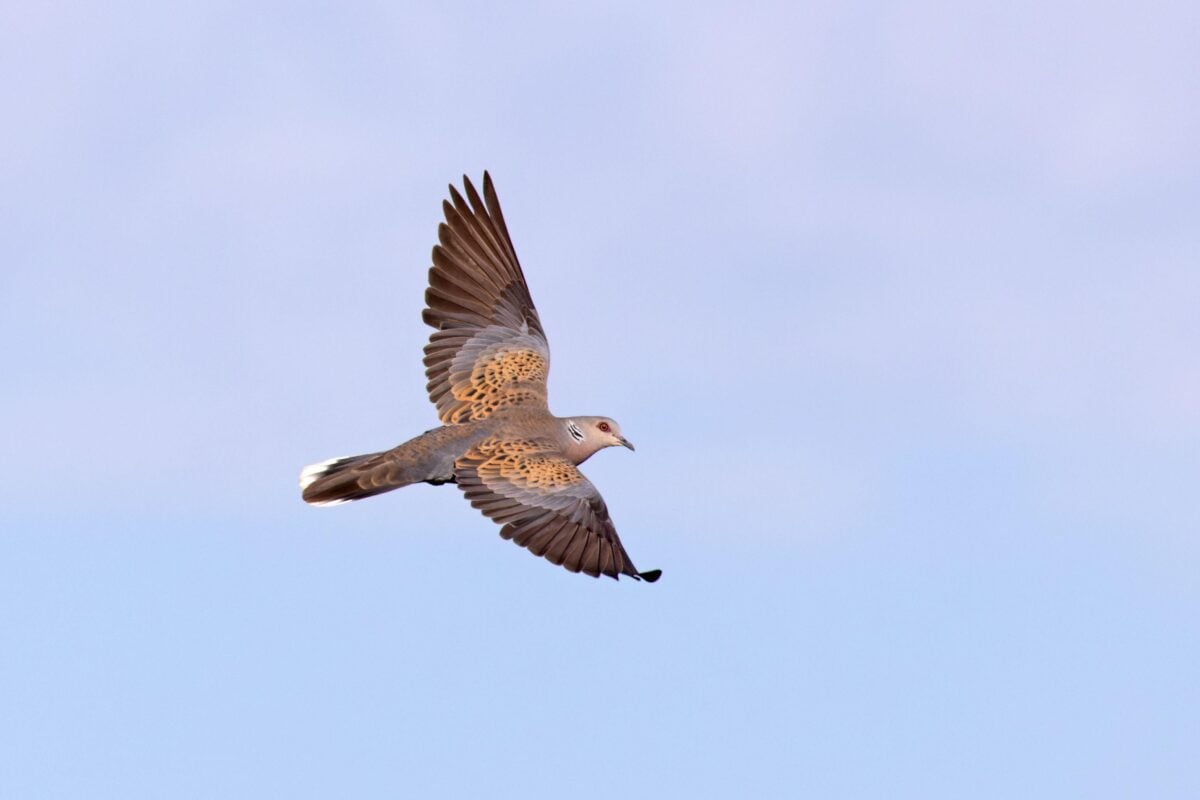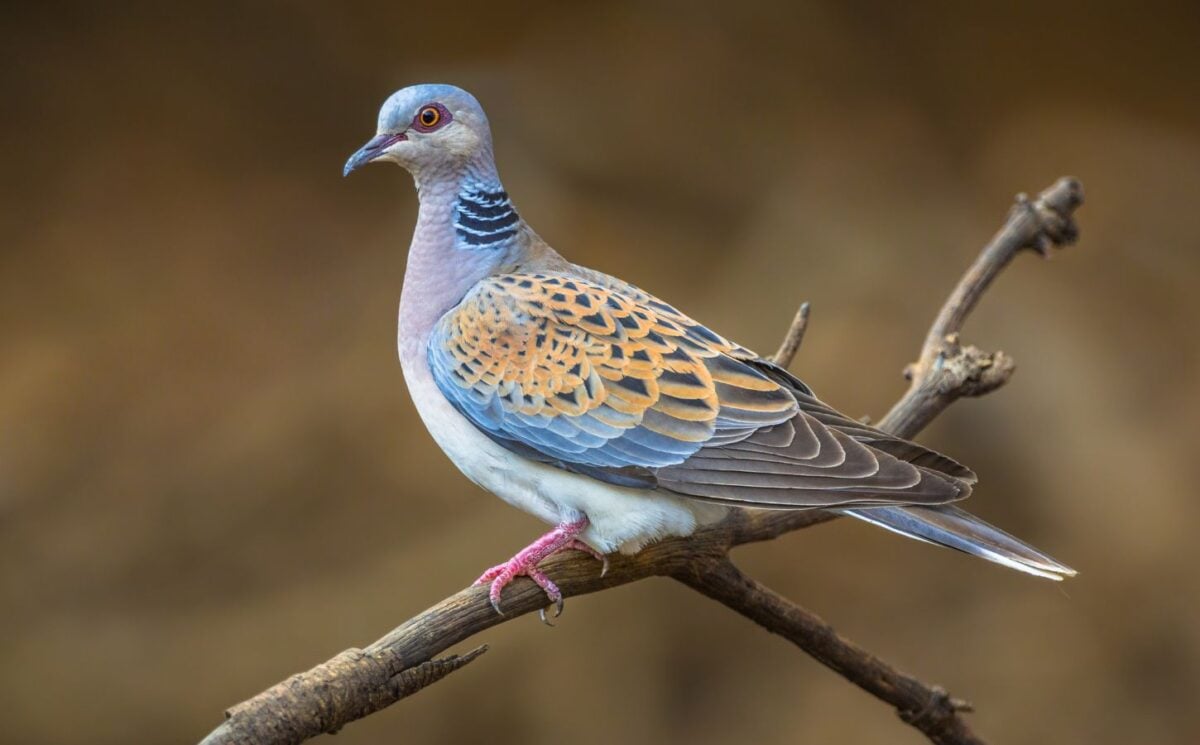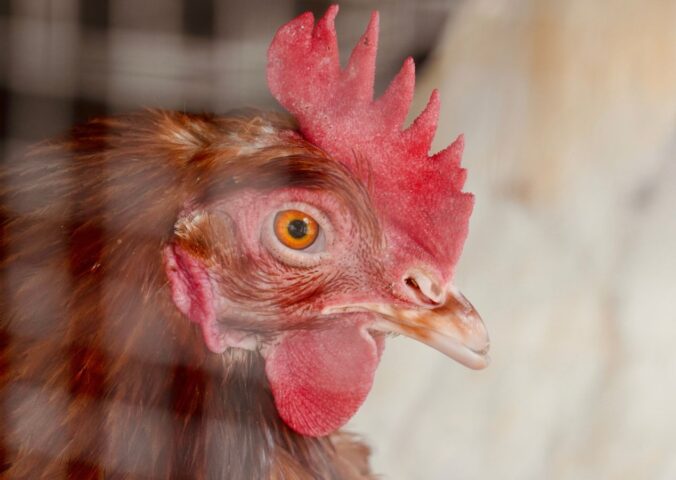The population of European turtle doves has made a stunning recovery thanks to a ban on hunting them was introduced in 2021.
According to a report for the European Commission by an international team of scientists, turtle dove numbers in Western Europe increased by 25 percent between 2021 and 2023. That equals around 400,000 breeding pairs of the birds, bringing the total close to 2 million, the most since 2011. The hunting ban, covering France, Spain, and Portugal, will now be extended for a fourth year.
Read more: Iceland Permits Hunting Of 128 Fin Whales
Before the ban, the three countries killed a million turtle doves between them every autumn. Due to hunting and other threats including habitat loss and intensive agriculture, turtle doves hit their lowest level in 2021 and were designated as vulnerable to extinction. Evidence of the species’ decline and an action plan to save it, published in 2018, led to the ban’s introduction in several countries and a reduced hunting quota in others.
Widespread hunting

Turtle doves are the only long-distance migratory dove species in Europe, traveling to their breeding grounds on the continent and the UK from sub-Saharan Africa.
Hunting turtle doves is widespread, and the ban imposed in Western Europe has not been adopted by every European country. In 2021, Italy shocked environmentalists by issuing licenses for 7.5 million turtle doves to be shot. In 2022, Malta lifted a moratorium on hunting the doves in the spring during migration to Europe, caving into years of pressure from the hunting lobby.
Read more: Sharks Are Being Killed For Food And ‘Sold In UK Chip Shops’
But in addition to the huge numbers still being killed legally, turtle doves are being hammered by illegal hunting. Around 600,000 are unlawfully killed in the Mediterranean each year along the bird’s migration route.
Protecting the breeding grounds of turtle doves is another crucial measure in the action plan for helping their numbers to recover. In the UK, hunting turtle doves is not legal, but the number of them nesting there has dropped by 99 percent since the 1960s. Conservationists say that with population recovering from the hunting ban, the UK must “double down” on its efforts to protect breeding and feeding grounds for the birds.






